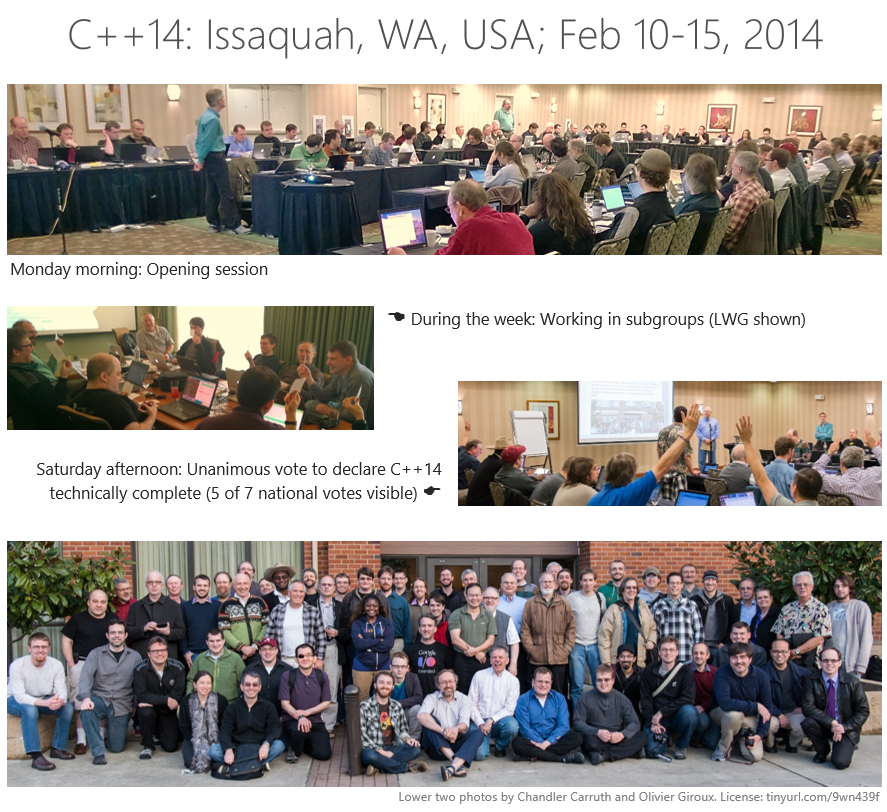Call for Papers for Meeting C++ 2014
Finally I can announce the date and place for Meeting C++ 2014:
We will meet this year in Berlin at the Andels Hotel on the 5th and 6th December!
With the announcement also the call for papers has started, until April 20th you can send in your talks for the conference. This years theme track is "Scientific Programming with C++", I hope to have again a lot of diverse talks about C++ at the conference!


 TThe first stable release of the 3.x series of MetaScale’s open-source software is available: NT² 3.0. It also includes its spin-off project, Boost.SIMD (not yet a Boost library). Many Issues have been closed since last beta. The main focus of this release cycle was to fix performances issues and to stabilize some parts of the API.
TThe first stable release of the 3.x series of MetaScale’s open-source software is available: NT² 3.0. It also includes its spin-off project, Boost.SIMD (not yet a Boost library). Many Issues have been closed since last beta. The main focus of this release cycle was to fix performances issues and to stabilize some parts of the API. Can you spot the bug?
Can you spot the bug? As interest in C++ keeps rising, there are more C++ events but they are also selling out faster. C++ Now 2013, Going Native 2013, and C++ and Beyond 2013 all sold out, some six months before the event.
As interest in C++ keeps rising, there are more C++ events but they are also selling out faster. C++ Now 2013, Going Native 2013, and C++ and Beyond 2013 all sold out, some six months before the event.